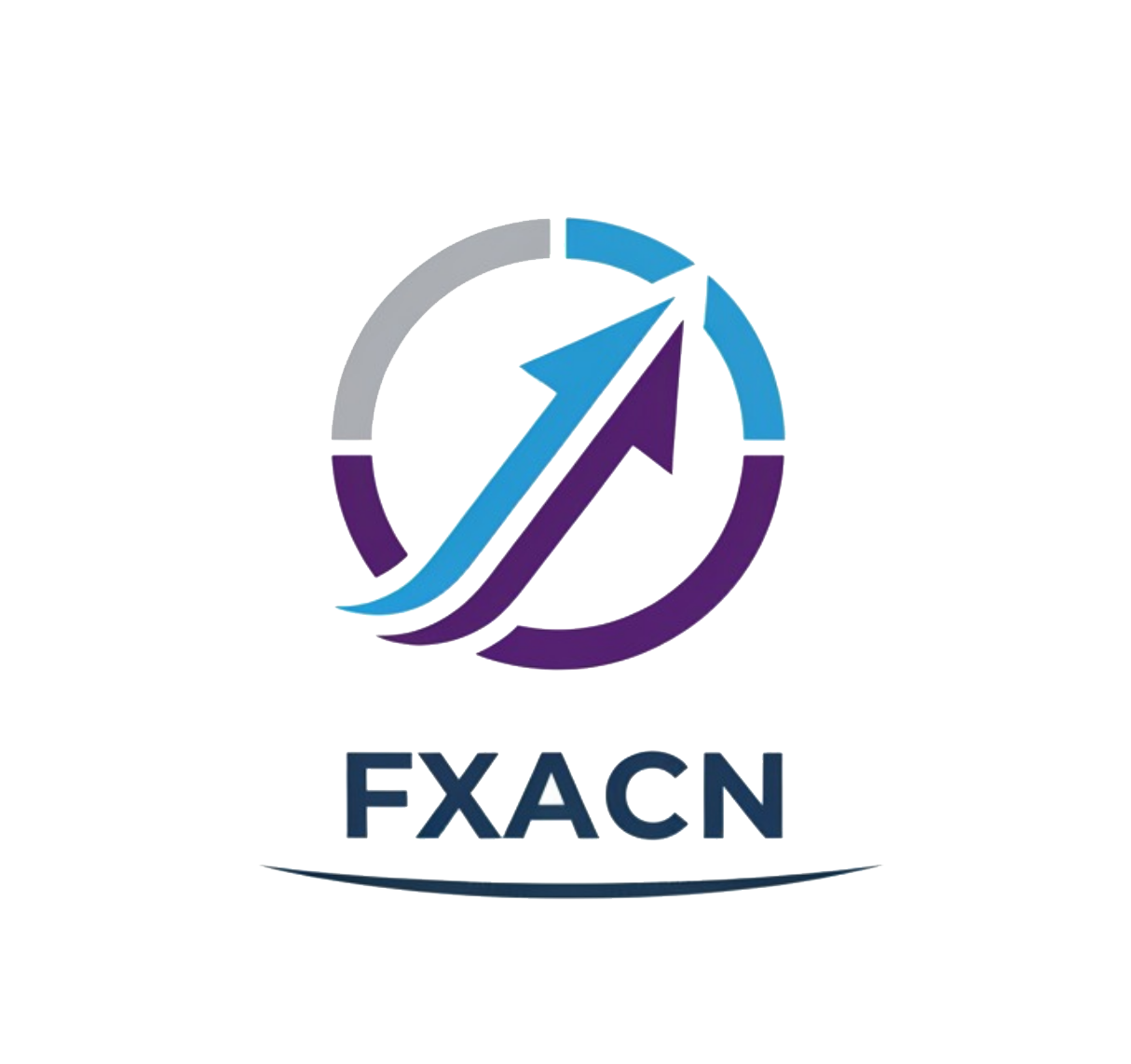Introduction
Sway Markets is a forex broker that emerged on the trading scene in 2022, positioned to attract both novice and experienced traders with its diverse range of services, competitive spreads, and promises of high leverage. Given the dynamic, often volatile nature of forex trading, it is essential for investors to exercise caution and conduct thorough assessments of the brokers they choose to engage with. Many brokers can promise enticing opportunities, but without proper scrutiny, traders may find themselves exposed to significant risks or outright scams.
This article aims to provide an objective analysis of Sway Markets, evaluating its credibility by examining its regulatory compliance, company background, trading conditions, customer fund security, client experiences, platform performance, and overall risk factors. To draw meaningful conclusions, we will review multiple sources, including user testimonials, regulatory information, and comparative data with industry norms.
Regulation and Legitimacy
Understanding a broker’s regulatory status is crucial because it serves as a safeguard against fraudulent activities. Regulatory authorities maintain oversight of brokers to ensure adherence to strict financial practices designed to protect consumers. Sway Markets claims to be regulated by the Australian Securities and Investments Commission (ASIC), a reputable regulator known for its robust standards. However, upon deeper investigation, discrepancies arise regarding the legitimacy of this claim.
| Regulatory Authority | License Number | Regulatory Area | Verification Status |
|---|---|---|---|
| ASIC | 220383 | Australia | Unverified |
ASIC holds a reputation for enforcing strict operating limits, including a cap on leverage at 1:30 for retail clients. However, Sway Markets reportedly offers leverage as high as 1:500, raising eyebrows about its compliance. Furthermore, many analysts and reviewers indicate that despite Sway Markets presenting itself as ASIC regulated, it operates out of St. Vincent and the Grenadines, an offshore jurisdiction notorious for having lax regulatory oversight. The lack of clear information regarding its incorporation and operational licenses casts doubt on its regulatory standing.
In conclusion, while Sway Markets claims to be ASIC regulated, the need for caution is warranted, and potential traders should verify this information independently. Unverified licenses and significant deviations from known regulatory procedures suggest risks associated with trading through Sway Markets. Therefore, assessing whether Sway Markets is safe becomes essential for any potential investor.
Company Background Investigation
Sway Markets was established in 2022 and operates under the brand Sway Markets Pty Ltd, with offices reportedly located both in Australia and St. Vincent and Grenadines. Despite this, substantial details about its ownership structure and management team are lacking, and the company has not disclosed pertinent information regarding its executives or the background of its operational team.
Transparency is a critical indicator of a broker’s trustworthiness. In the case of Sway Markets, available data raises concerning questions regarding its corporate governance structure and the experience of its senior management. Growing concerns stem from the anonymity surrounding its ownership and functions, which can hinder the ability of investors to make informed decisions.
The combination of limited information disclosure regarding its operations and its registration in an offshore center creates a sense of uncertainty regarding Sway Markets’ overall reliability. This leaves many traders wondering about the operational integrity behind the broker and ultimately questioning if Sway Markets is safe for their investments.
Trading Conditions Analysis
Sway Markets advertises competitive trading conditions, which include several account types, leverage options, and trading fees. However, potential traders should carefully analyze the full scope of these offerings and whether they match industry standards.
The fee structure presented by Sway Markets appears attractive, especially with a minimum deposit requirement starting at just $10. But how do these fees compare to more established players in the market?
| Fee Type | Sway Markets | Industry Average |
|---|---|---|
| Spread for Major Currency Pairs | from 0.0 pips | 0.5-1.5 pips |
| Commission Model | $3.5-$7 per lot | $3.0 |
| Overnight Interest Range | Standard fees apply | Variable |
While competitive spreads can be appealing, the significant variability in fees should raise red flags for potential clients. Reports from various sources indicate that the broker primarily accepts cryptocurrency for deposits and withdrawals, a practice that is often linked to unreliable trading platforms. Such limitations can be a barrier to entry for many potential users who prefer traditional payment methods, increasing the risk profile associated with the platform.
In summary, while the trading conditions at Sway Markets initially seem favorable, traders should be wary of the methodology being adopted by the platform and carefully consider associated fees. The mismatch between advertised conditions and the reality of experience raises doubts about whether Sway Markets is a safe option for trading.
Client Fund Security
In the realm of online trading, the security of client funds stands at the forefront of every trader’s concerns. A solid broker offers investor protection, segregated accounts, and negative balance protection to safeguard against potential losses exceeding deposits.
Sway Markets claims to offer negative balance protection; however, it remains uncertain how this defense mechanism operates in practice, especially given its offshore registration. Furthermore, limited information exists regarding whether client funds are held in segregated accounts. This gap in communication poses a significant concern, as many traders rely on these measures to ensure their investments remain secure.
Past experiences from traders indicate issues with fund withdrawal processes, pointing to a lack of transparency about the rules governing such actions. Any indication of withdrawal difficulties can be a significant warning sign of deeper operational problems, which undermines confidence in a broker’s overall reliability. Thus, traders must ask: Is Sway Markets safe when evaluating its commitment to fund security.
Customer Experience and Complaints
Performing due diligence with client feedback can provide invaluable insights into a broker’s reliability. In the case of Sway Markets, numerous reviews and user testimonials reveal concerning trends regarding customer service and fund withdrawals.
| Complaint Type | Severity | Company Response |
|---|---|---|
| Withdrawal Issues | High | Slow/No replies |
| Poor Customer Support | Medium | Unresponsive |
| Transparency Concerns | High | Limited information |
Common issues raised by users include difficulty withdrawing funds and questionable communication from customer support. Users frequently reported frustration with the lengthy withdrawal processes, leading to a perception that the broker hindered clients’ access to their own money. Lack of timely responses from the support team further diminished user trust and satisfaction.
These consistent negative experiences warrant concern for potential Sway Markets clients. Evaluating the prevailing reputation for significant withdrawal barriers combined with unsatisfactory support leaves many wondering about the safety and reliability of Sway Markets for their trading needs.
Platforms and Trade Execution
The execution quality of trades can drastically influence a trader’s success. Sway Markets primarily uses its proprietary trading platform, “Sway Charts,” which has been reported to have various functionalities. However, the platform has set expectations without having a strong track record that includes user testimonials on execution speed or slippage.
Observations from user experiences reveal skepticism towards the platform’s order execution quality, with several users indicating that they experienced excessive slippage during trading times of high volatility. Reports surrounding the reliability of the platform suggest that execution inconsistencies could lead to significant losses for traders.
As a result, traders must weigh the platform’s potential for efficacy against other well-regarded platforms like MetaTrader 4 or 5 that have a proven history. Therefore, it is critical to question whether Sway Markets is safe based on its execution capabilities and potential manipulation hints linked to proprietary tools.
Risk Assessment
Assessing the risk of trading with Sway Markets involves a comprehensive review of various components associated with its operations.
| Risk Category | Risk Level (Low/Medium/High) | Brief Explanation |
|---|---|---|
| Regulatory Risk | High | Uncertain compliance with ASIC |
| Fund Security Risk | High | Lack of transparency in protections |
| Customer Service Risk | Medium | Poor support with serious client complaints |
| Platform Integrity Risk | High | Complaints linked to execution issues |
Given these outlined risks, potential traders need to approach Sway Markets cautiously. Regulatory risks related to the broker’s dubious licensing claims, compounded by extensive negative user feedback, underscore pronounced concerns for users considering conjunction with this broker. Thus, risk mitigation strategies, including the identification of reliable alternative brokers, are critically important.
Conclusion and Recommendations
After analyzing all data, it’s clear that Sway Markets reveals several warning signs that indicate it may not be a trustworthy broker for potential traders. Despite claims of regulatory compliance with ASIC and attractive trading conditions, discrepancies surrounding its operational background, lack of transparency, and overwhelming negative user experiences suggest significant risks associated with trading on this platform.
In summary, the question remains: Is Sway Markets safe? The indications lean towards skepticism, and potential traders should be cautious. It’s advisable to consider alternative brokers with strong regulatory frameworks and proven-track records. Trusted alternatives include reputable brokers like IG, Saxo Bank, or XM, which possess well-defined regulatory oversight and transparent operational practices.
Investors must take their time to research thoroughly and remain vigilant about where they decide to place their funds, settling ultimately on brokers that assure both safety and reliability to protect their financial interests.


